Refractive Vision Specialist
Sarah Ho, O.D. is a primary eye care provider with a passion for enhancing the vision and overall eye health of her patients. As a licensed Doctor of Optometry, she specializes in offering quality refractions and prescribing glasses and contact lenses. She earned her undergraduate degree from the University of Hawai’i at Manoa with a Bachelor of Science in Biology. She continued her education and graduated with honors from the Pacific University College of Optometry in Oregon, earning her Doctor of Optometry Degree.
Dr. Ho completed clinical rotations in Washington, Oregon and Hawai’i focusing on primary care, pediatrics, contact lenses, and ocular disease, gaining a well-rounded understanding of various aspects of optometry.
Dr. Ho honed her skills while completing externships at the Pacific Eye Clinic, Hickam Air Base, Vancouver Vision clinic and The Eye Center of Hawaii where she concentrated on co-management of retinal disease.
She is a proud member of the Beta Sigma Kappa Honor Society, the American Optometric Association, and the Hawai’i Optometric Association, actively staying connected with her professional community.
Dr. Ho is committed to providing the highest level of care through her certification in therapeutic pharmaceutical agents enabling her to prescribe and administer pharmaceuticals to treat and alleviate diseases of the eye.



You shouldn't live with cloudy, fading vision. Our offices across the islands have all the technology, trained staff and experienced surgeons to bring your vision into focus with advanced, laser cataract surgery. Call us today at 808-955-0255 to schedule your exam.
#cataractsurgery #HawaiiHealth #visioncorrection #hawaiieyecare ... See MoreSee Less
0 CommentsComment on Facebook
Whether it's macular degeneration or cataracts or a simple eye exam, you can find the most advanced care at our offices across the islands. Mahalo, David, for taking the time to tell about your experience with Dr. Miller and our Kona team while they took care of your macular degeneration. We take care of our patients like they are 'ohana.
🌺#ohana #MacularDegeneration #hawaii #bigisland #eyecare ... See MoreSee Less
0 CommentsComment on Facebook
Each year, approximately 100,000 people suffer sports-related eye injuries, with around 13,500 leading to permanent vision loss. Most sports-related eye injuries can be prevented by wearing the right protective gear. Visit our optical in Kona and Lihue to get outfitted with the right eyewear for your active lifestyle.
#SportsEyeSafety #protectiveeyewear #sportsprotection ... See MoreSee Less
0 CommentsComment on Facebook
Your vision plays a vital role in your quality of life, and routine eye exams can help detect early signs of systemic conditions like diabetes, hypertension, and more.
✅ Schedule your annual eye exam
✅ Protect your eyes from UV rays
✅ Eat a nutrient-rich diet for healthy vision
Let’s keep our eyes—and our bodies—healthy together. 💙
#WorldHealthDay #EyeHealthMatters #VisionCare #Ophthalmology #HealthyEyesHealthyYou ... See MoreSee Less
0 CommentsComment on Facebook
Don't live with cloudy vision due to cataracts. We offer advanced Laser Cataract Surgery at the Ali’i Surgery Center on Oahu. Call us today to schedule your cataract exam and discover if now is the time for your cataract surgery. ... See MoreSee Less
0 CommentsComment on Facebook
We are so blessed with amazing optometrists who care deeply for our 'ohana. Mahalo Dr. Kashiwa, Dr. Ho and Dr. Bryant for taking such great care of our community. Happy World Optometry Day. ... See MoreSee Less
0 CommentsComment on Facebook